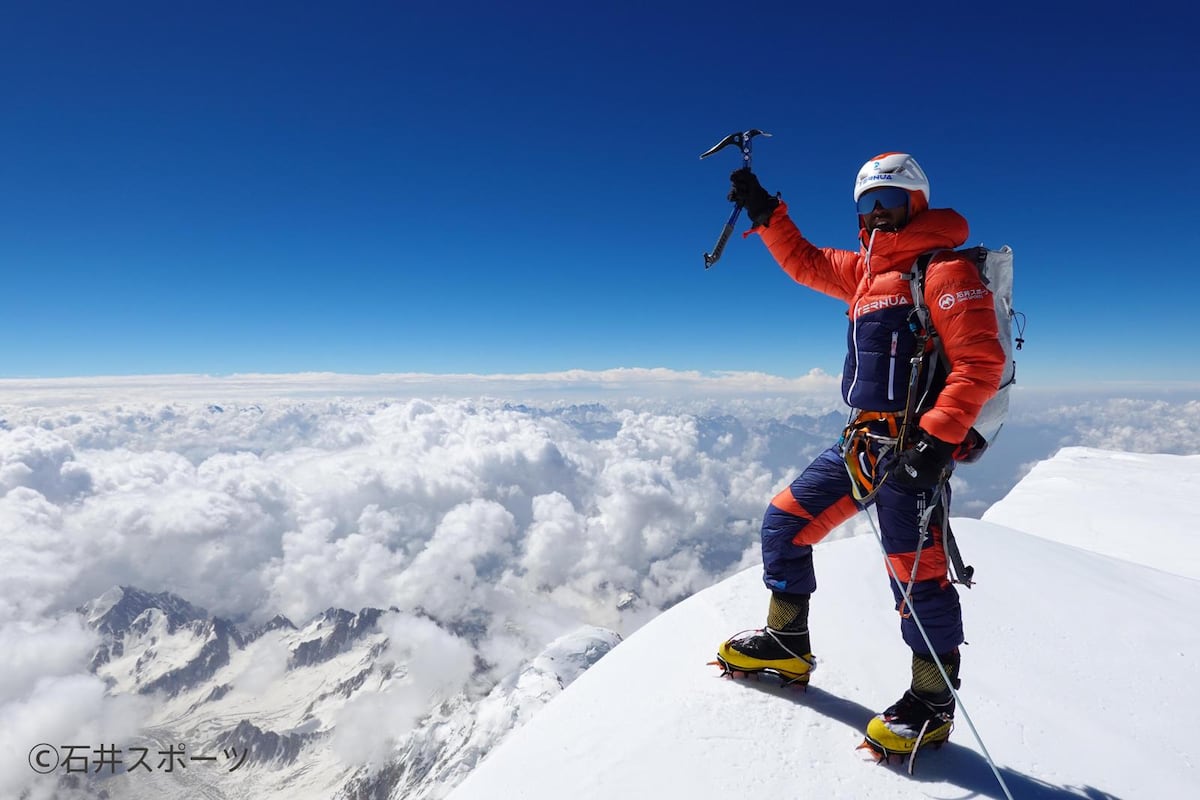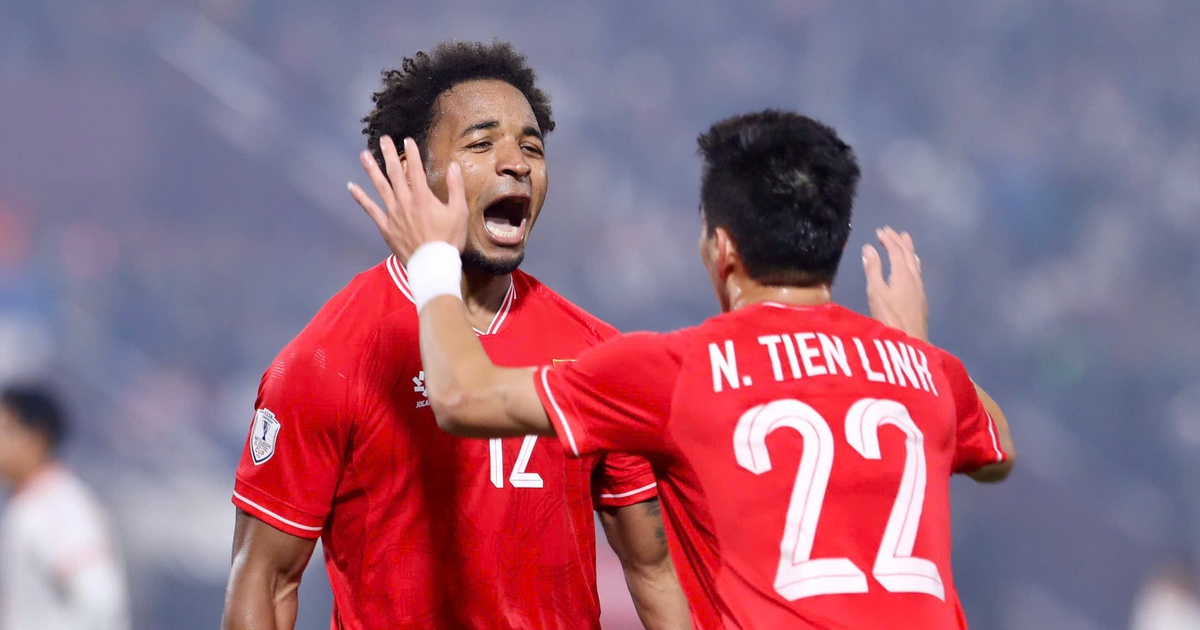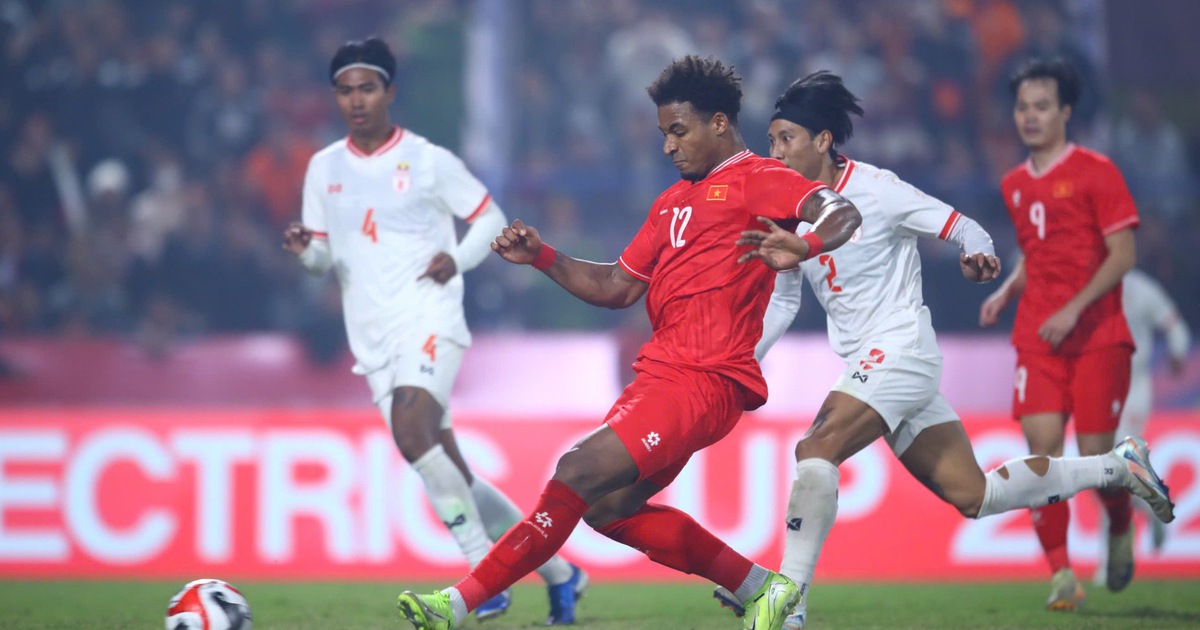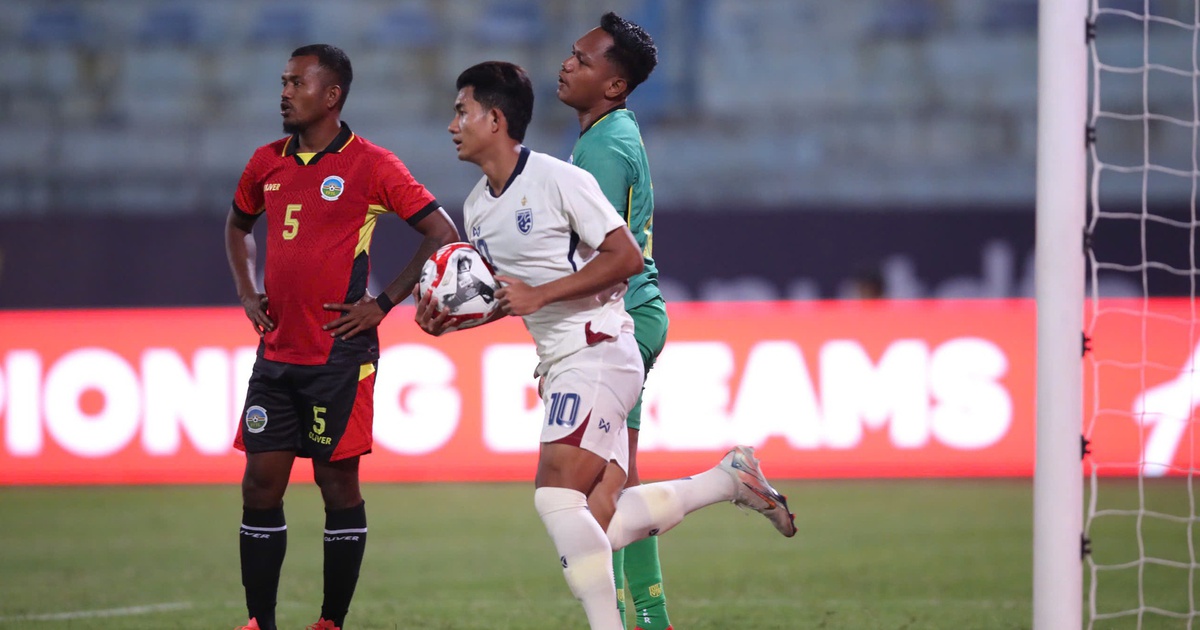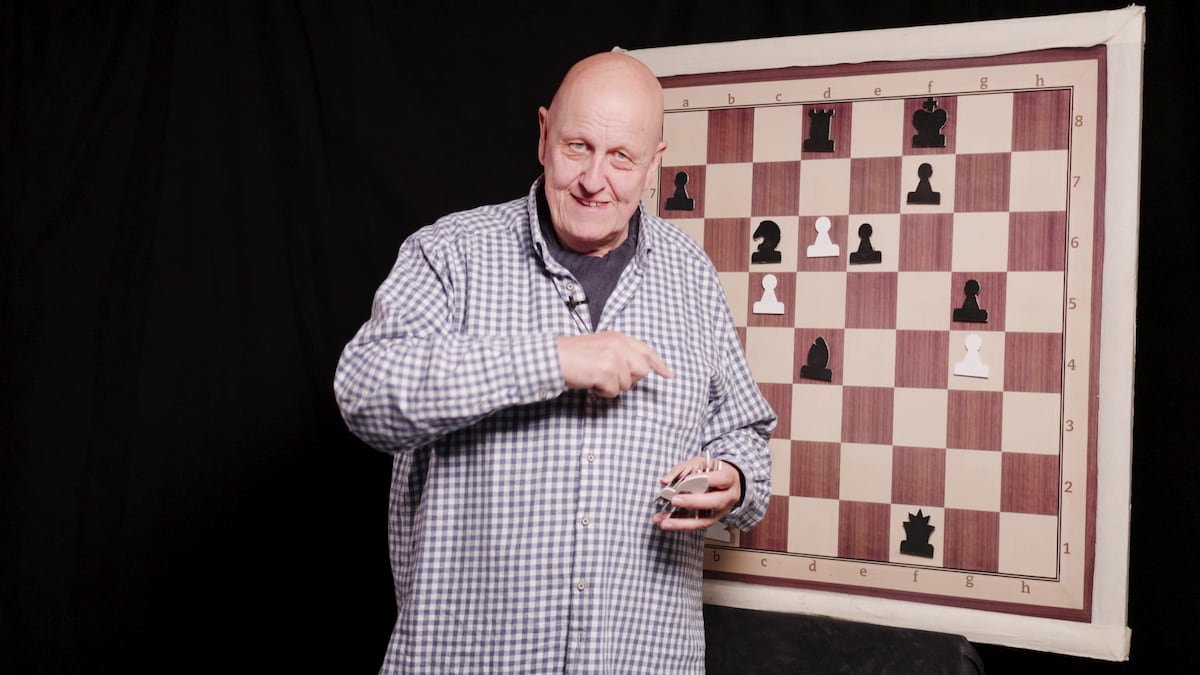A year ago, standing on the stage of the Euskalduna Palace in Bilbao, the Japanese mountaineer Kazuya Hiraide promised to return and narrate, through documentary, his expedition to the west face of K2. After 12 months, it is his widow Shoko Etoh who emotionally receives the applause from the public and the tribute from the Mendi Film Festival. Her husband will never return from K2 and no one will go looking for his body or that of his partner Kenro Nakajima: an accident took their lives last July. Shoko, his six-year-old daughter and his nine-year-old son, added a stop in Bilbao, on the way to the Alps where a few days ago they collected the fourth Golden Piolet that covers Hiraide’s extraordinary career, three of them in a team with Nakajima.
Climbing in alpine style the wild and exposed west slope of K2 would have been a turning point in Hiraide’s career, his swan song: he no longer hid his apprehension when encountering the mountains, the certainty of a fear that forced him to take refuge. in the warmth of his rope companion, younger, more determined, less inclined to think about the objective dangers of the mountain. Both mountaineers chose their ascents based on exploration, often seeking severe isolation that would allow them to live genuine, high-profile adventures. But they also chose routes that allowed them to advance quickly: they did not have the technical level of other mountaineers of the time but they were capable of dealing with objectively dangerous routes, the kind in which luck and correct decisions always occupied a high percentage in the decision. equation necessary to return alive. His fortune died on K2.
Very often, widows and widowers of mountaineers remain silent, as if their misfortune bothered them. No one really dares to inquire about his feelings, about a loneliness that society attributes to the capricious desire to climb mountains. Shoko, however, wants to speak and does so with disconcerting serenity.
The collective imagination has always tended to simplify the death of mountaineers (whether men or women) married and with families: simple irresponsible egoists. Shoko does not share this reductionist appreciation: “My husband was known among Japanese mountaineers, but when he died he became visible to all of Japan, something that surprised me a lot. Perhaps the fact that he died on a mountain made him so famous… but as far as I’m concerned it doesn’t matter where. Yes, he died climbing but he could have died driving, or any other way. I am deeply sorry for the loss but it is not more pronounced because it occurred on K2. When they told me that they had suffered an accident, I had two days of hope in which I trusted that I would return home, but immediately, their team at base camp told me that there was nothing to do. In Japan we accept that life is a transition towards death, it is something natural, part of existence…”
If Japanese culture tends to accept death in a more contained or serene way than in the West, the romantic vision of mountaineering that is preserved in Europe has nothing to do with that cultivated in Japan. “I don’t understand why anyone would think my husband was selfish. People should understand that Kazuya did everything with family in mind. He did not go to the mountains just out of passion, but because it was his source of income with which he supported his family. At one point, when he had problems with the company that paid him, I encouraged him to leave it and go to the mountains as an amateur, but he said no, that he wanted a salary to contribute at home. I never saw him as a selfish person. For me, I had a job like anyone else’s,” he defends.
The company that paid Hiraide has maintained his salary until the end of last November. Now, Shoko is looking for work.
At home, the couple never addressed the possibility that Kazuya might perish during an expedition, as if just mentioning the possibility invited a dark outcome. But he asked his wife that if something serious happened within the family, not to tell him until his return. They didn’t usually talk about mountains either, but sometimes curiosity was stronger than her and she surprised him by asking him questions such as why he never used artificial oxygen on his expeditions: “He told me it would be comfortable, but that it weighed a lot,” he smiles.
Shoko knows what it means to have won the Golden Piolet four times (it could be something more complicated than winning four Olympic golds in athletics), but she highlights her husband’s extreme modesty. If he received awards, this was never the driving force behind his travels, but rather the perpetual illusion of exploring, of getting lost and finding himself intact, his head full of experiences. She doesn’t even remember what their last conversation was like and only a while later she remembers the video conference from the K2 base camp, the day Father’s Day is celebrated in Japan. “My daughter sang him a song as a gift and there wasn’t much more…” he points out. “A few days later, he had the accident and when I understood that he was not going to return I explained it to the children. The three of us cried, but they quickly recovered, I see they are fine. We don’t like to cry, even if we are sad. In our country, many men do not allow themselves to cry in front of others. Kazuya was a specialist in lightening the atmosphere, in helping with a joke or a smile at home. Having lost that support is what makes me most sad,” he explains with a smile.

